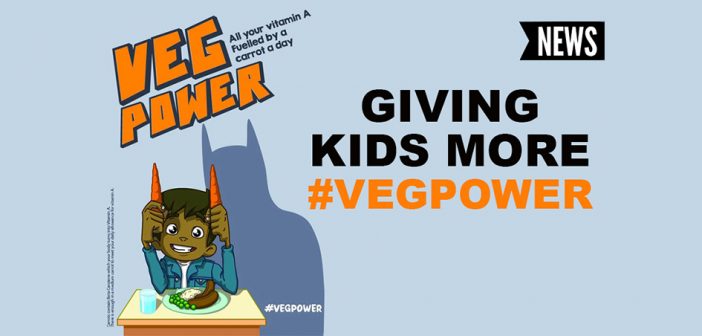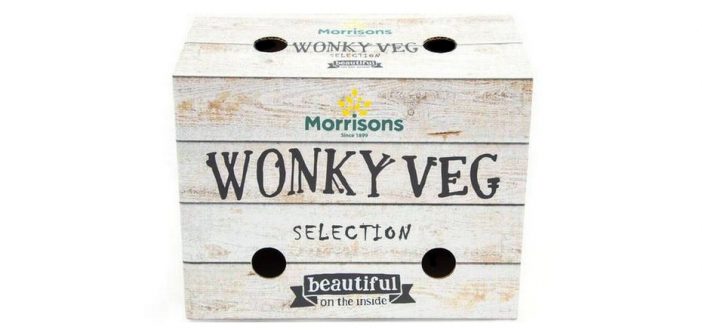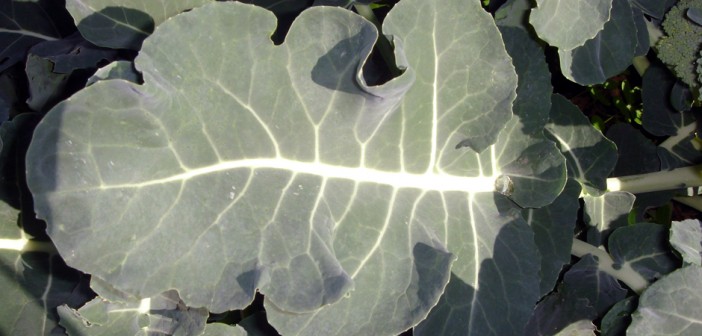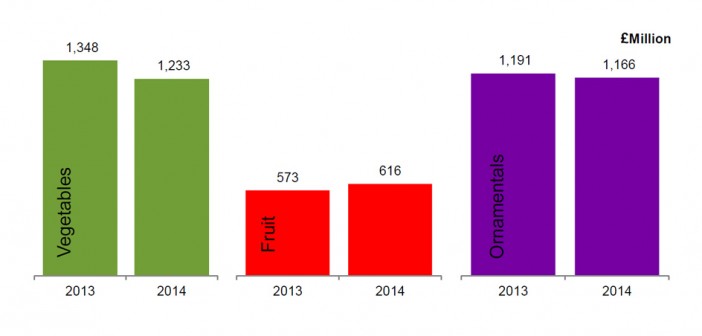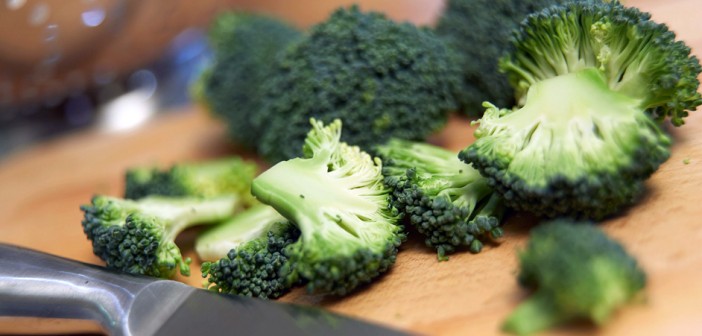According to the latest statistics from Statistics Netherlands (CBS) and Wageningen Economic Research, Dutch exports of agricultural goods reached a record level of €91.7 billion in 2017, exceeding the previous record in 2016 by more than 7 per cent.
Dutch agricultural imports and the nation’s agricultural surplus also reached record heights, as imports of agricultural goods increased by 9 per cent to €62.6 billion, while the agricultural surplus went up by almost 4 per cent to €29.1 billion.
The horticultural sector led the way, with horticulture including cut flowers, bulbs, plants and nursery products worth €9.1 billion. This was followed by dairy products (€8.9 billion), meat (€8.3 billion) and vegetables (€6.7 billion). The same ranking holds true if only domestically produced items are counted. According to the CBS, ‘fruit ranks fifth on the list of top agricultural export goods, although this is largely re-exports of foreign produce.’
Germany is the top destination for Dutch agricultural exports, with €23.4 billion in agricultural goods crossing the Dutch border, equivalent to over 25 percent of total agricultural exports.
Germany was followed by Belgium (€10.4 billion), the UK (€8.6 billion) and France (€8.0 billion) as the largest buyers of agricultural products from the Netherlands.
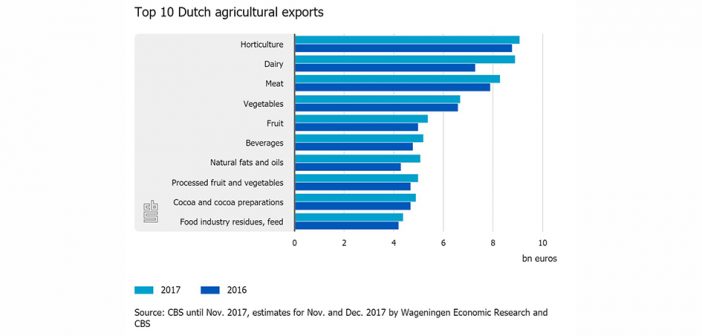
Photo Caption: Horticulture topped Dutch exports, with vegetables and fruit in fourth and fifth place.
Photo Credit: Statistics Netherlands (CBS)
The post Dutch ag. exports reach record high appeared first on Hort News.
